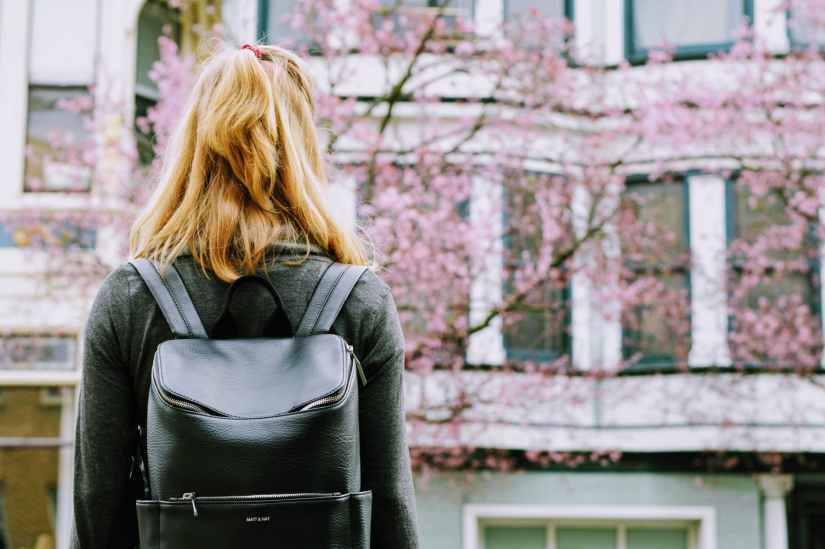
Submission by: Assoc. Prof. David Chapman
In 2007, Assoc. Prof. David Chapman led a project highly successful symposium held at the University of Queensland entitled “Japan in Australia“. The symposium sought to investigate a curious gap in the literature on Japan-Australia relations. While previous discourse on the two countries had focused primarily on the relationship between Japan and Australia, there had been little focus “on Japan’s place within Australia and within the nation’s social, cultural and historical landscape”. Furthermore, “with the changing dynamic of Australia’s relationship with Asia [particularly with Australia’s increasing focus on Chinese and South Korean relations] there is a need for a fresh look at Japan within Australia and how Japan has been understood and conceptualised”.
From the research presented at the symposium, Assoc. Prof. David Chapman and Assoc. Prof. Carol Hayes (ANU) edited the newly published collection: Japan in Australia: Culture, Context and Connection. This collection is “a work of cultural history that focuses on context and connection between two nations. It examines how Japan has been imagined, represented and experienced in the Australian context through a variety of settings, historical periods and circumstances”. Continue reading “Japan in Australia: Culture, Context and Connection – A New Edited Collection”



